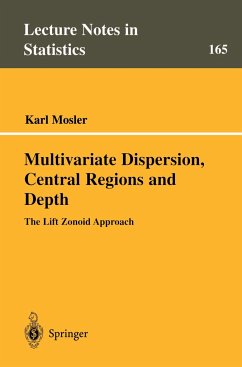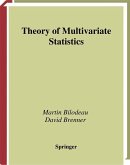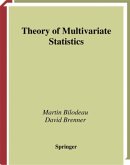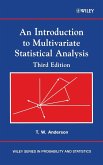This book introduces a new representation of probability measures, the lift zonoid representation, and demonstrates its usefulness in statistical applica tions. The material divides into nine chapters. Chapter 1 exhibits the main idea of the lift zonoid representation and surveys the principal results of later chap ters without proofs. Chapter 2 provides a thorough investigation into the theory of the lift zonoid. All principal properties of the lift zonoid are col lected here for later reference. The remaining chapters present applications of the lift zonoid approach to various fields of multivariate analysis. Chap ter 3 introduces a family of central regions, the zonoid trimmed regions, by which a distribution is characterized. Its sample version proves to be useful in describing data. Chapter 4 is devoted to a new notion of data depth, zonoid depth, which has applications in data analysis as well as in inference. In Chapter 5 nonparametric multivariate tests for location and scale are in vestigated; their test statistics are based on notions of data depth, including the zonoid depth. Chapter 6 introduces the depth of a hyperplane and tests which are built on it. Chapter 7 is about volume statistics, the volume of the lift zonoid and the volumes of zonoid trimmed regions; they serve as multivariate measures of dispersion and dependency. Chapter 8 treats the lift zonoid order, which is a stochastic order to compare distributions for their dispersion, and also indices and related orderings.
Hinweis: Dieser Artikel kann nur an eine deutsche Lieferadresse ausgeliefert werden.
Hinweis: Dieser Artikel kann nur an eine deutsche Lieferadresse ausgeliefert werden.








